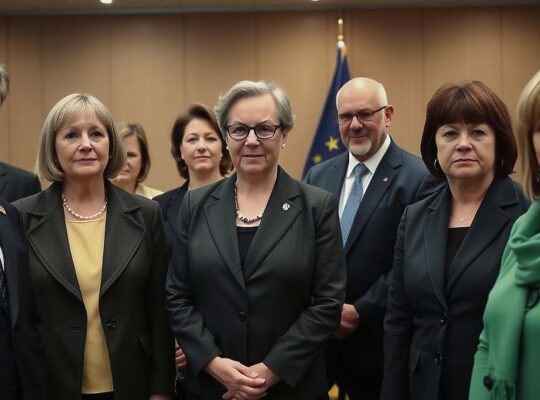Bavaria’s Minister for Science, Markus Blume, has lauded the effectiveness of the mandated collaboration between universities and the German Armed Forces (Bundeswehr). In an interview with the German news magazine “Der Spiegel” Minister Blume stated that Bavaria is actively implementing a strategic shift, moving beyond rhetoric to concrete action.
Since the law promoting collaboration with the Bundeswehr came into effect, a significant increase in research projects has been observed. According to Minister Blume, 26 new projects have been initiated, representing almost a doubling of the previous number.
The legislation removed restrictions previously limiting university research to civilian applications. Currently, six of Bavaria’s 33 state universities are engaged in collaborative projects with the Bundeswehr, a number Minister Blume believes holds potential for expansion. These research endeavors focus on fields such as artificial intelligence, cybersecurity, robotics and drone technology, which Blume describes as “future technologies” rather than those specifically linked to warfare.
The law permits the possibility of compelling universities to undertake military research in situations deemed critical for national security. This provision has drawn criticism, with some accusing Minister Blume of potentially curtailing academic freedom, leading to legal challenges before the Bavarian Constitutional Court.
Minister Blume expressed confidence regarding these challenges, asserting that the law actually broadens the scope of scientific action and does not restrict it. He noted that the specific clause requiring collaboration in the interest of national security has not yet been invoked, but emphasized the importance of preparedness for potential defense scenarios.
In a forthcoming position paper, Minister Blume is advocating for a nationwide advancement of collaboration between the Bundeswehr and research institutions. He pointed to the actions of Russia as a catalyst for urgency, stating that comprehensive preparations cannot be delayed by lengthy bureaucratic processes. Furthermore, he is calling for a review of existing funding programs, citing that current administrative hurdles often obstruct collaboration and proposing a revision of Germany’s research funding model, drawing inspiration from the United States’ approach. Several German states and universities currently maintain clauses prohibiting military research, a system Blume is advocating to eliminate.












